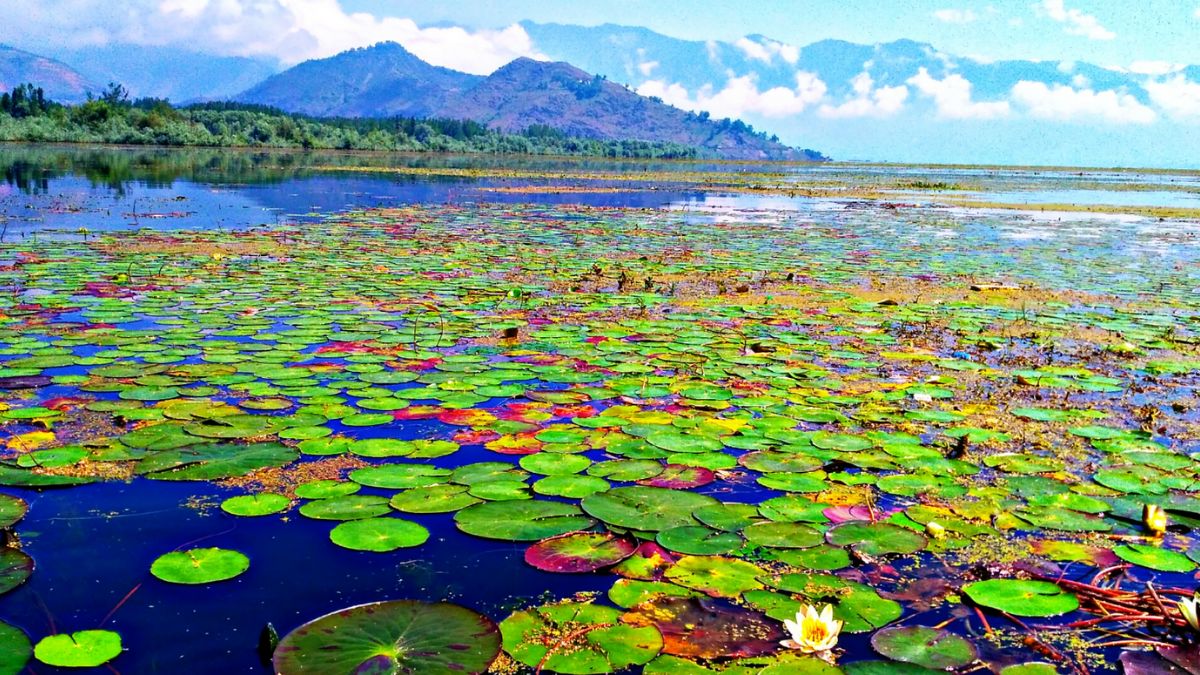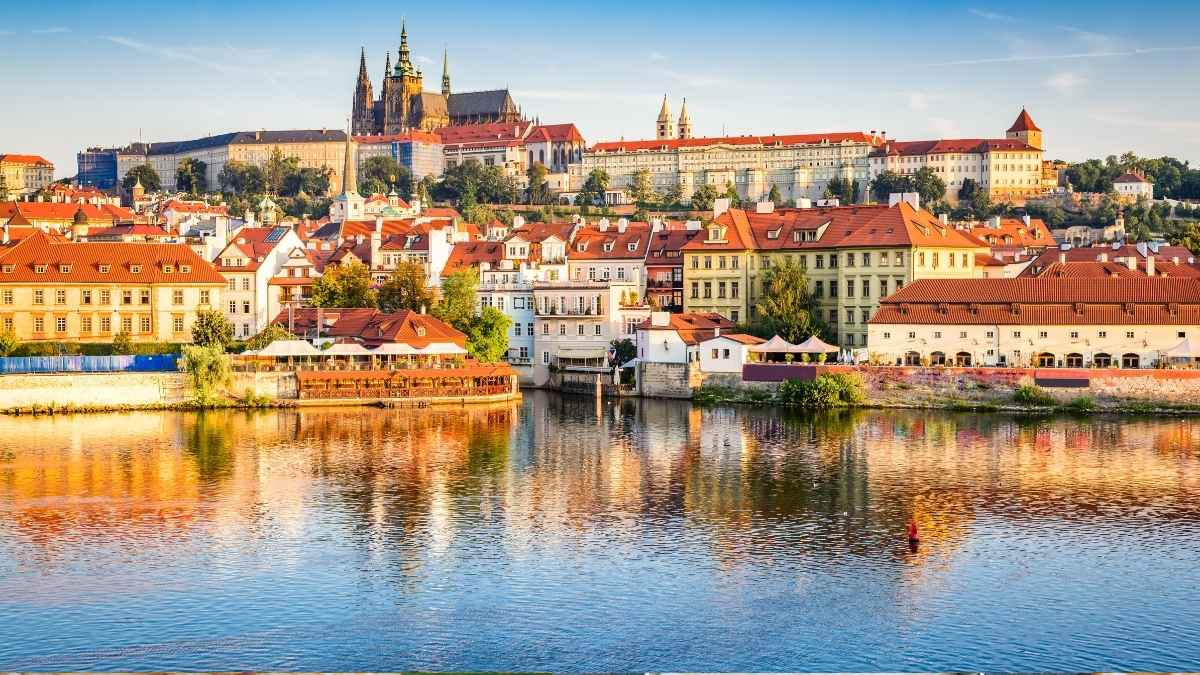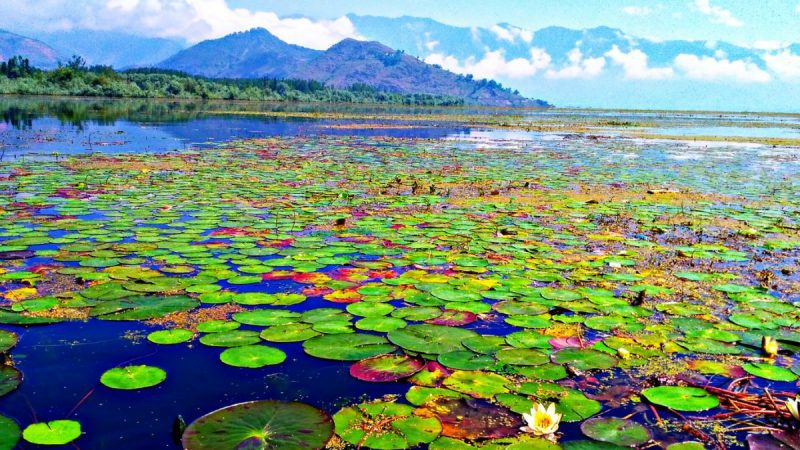Nestled amidst the picturesque valleys and towering mountains of Kashmir lies the majestic Wular Lake. With its sprawling expanse and captivating surroundings, it stands as one of Asia’s largest freshwater lakes. It occupies a particular place in the hearts of both locals and tourists.
About Wular Lake
Nestled amidst breathtaking beauty of #Kashmir Valley, Wular Lake captivates visitors with its serene waters and stunning surroundings. As the largest freshwater lake in #India and one of the largest in Asia,Wular Lake holds a special place in hearts of locals and tourists alike. pic.twitter.com/mDi2CXurLs
— Sana Khan (@Sanakhajurno) April 5, 2024
Wular Lake covers an area of around 189 square kilometres. It is located between the districts of Bandipora and Baramulla in the Indian-administered union region of Jammu and Kashmir. It is fed by the Jhelum River and is an important water source in the region, supplying irrigation for farmland and supporting the local ecosystem. Wular Lake stands out among India’s 80 declared Ramsar sites. Nonetheless, it has environmental issues such as the conversion of large amounts of its catchment areas to agricultural land, contamination from fertilizers and animal waste, hunting of waterfowl and migrating birds, and weed infestation within the lake.
The lake’s serene waters, fringed by verdant marshes and lush forests, have been the subject of countless legends and folktales, weaving a tapestry of heritage that binds the Kashmiri community together. In the Kashmir Valley, Wular Lake is still a timeless representation of the region’s natural beauty and cultural legacy. Initiatives to protect its natural integrity and advance environmentally conscious travel persist.
Also Read: 2.5 Km Away From Srinagar, Tosa Maidan In Kashmir Is A Hidden Gem Discovered By Only A Few
What To Do Here?
For tourists, Wular Lake offers a tranquil retreat. Visitors can indulge in activities such as boating, birdwatching, and photography, immersing themselves in the serene ambience of the lake and its surroundings.#JammuAndKashmir pic.twitter.com/PEnmJjiDZg
— Sana Khan (@Sanakhajurno) April 5, 2024
The value of the lake goes beyond its picturesque surroundings. Many different types of plants and animals, including migratory birds like kingfishers, egrets, and herons, depend on it as a home. Numerous plant species and aquatic life can be found in the nearby marshes and marshlands, which are rich in biodiversity. During the winter months, Wular Lake transforms into a haven for avian visitors, including the endangered Siberian crane and several species of ducks and geese, which flock to its shores in search of refuge and sustenance. The wetlands surrounding the lake also serve as breeding grounds for indigenous species.
Tourists can find peace at Wular Lake. Indulge in leisurely pursuits like boating, birdwatching, and photography while taking in the tranquil atmosphere of the lake and its environs. Furthermore, the region’s tourism potential is further enhanced by neighbouring sites like the medieval town of Sopore and the gorgeous Manasbal Lake, which is 48 km away.
So, have you visited this lake before?
Cover image credits: Wikimedia Commons
First Published: April 05, 2024 6:05 PM




